If you mention the name Steven Spielberg and World War II in the same sentence, there’s a ninety-nine percent chance you’re talking about his Oscar-winning movie, Saving Private Ryan.
What most people don’t know, however, is that Spielberg also created the story that serves as the backbone for the legendary Medal of Honor video game, which would go on to massively popularize the military shooter genre of video games and spawn a host of competitors and imitators. A few of those would go on to become some of the biggest video games of all time – like the Call of Duty and Battlefield series, for example.
But why, back in the late ’90s, did a massively successful Hollywood movie director, who had just directed arguably the best WWII movie in decades, then want to make a WWII video game?
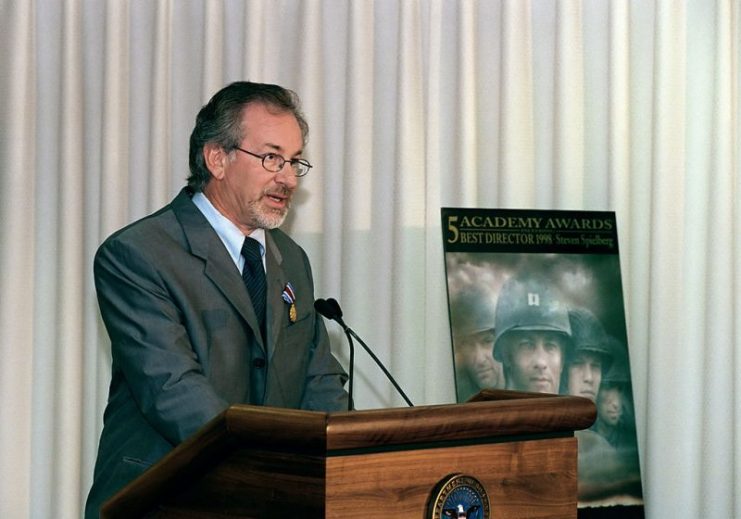
While the 50 year anniversary of the end of WWII had been commemorated throughout the western world, most notably in a large public celebration attended by many heads of state in Paris, interest in WWII was not much of a cultural phenomenon in the mid ’90s. War movies as a genre had waned somewhat in popularity by the end of the decade.
Although a few spectacular war movies, such as Platoon and Full Metal Jacket, had been made in the 1980s, even then the focus of most contemporary war films had not been on WWII. It would stay that way until the end of the ’90s, when Steven Spielberg released his jaw-dropping epic, Saving Private Ryan – along with Terence Malick’s Thin Red Line.
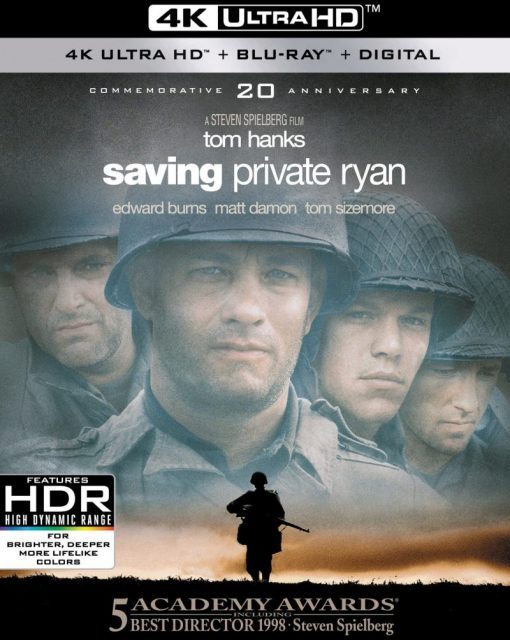
Even with this resurgence in popular interest in WWII, things were quite different in the video game world. Kids wanted to play fighting games, sure, and first person shooters were particularly popular – but game developers were convinced that gamers would have absolutely zero interest in playing a realistic WWII game.
They thought that while gamers certainly did enjoy firing simulated pistols, rifles, machine guns and rocket launchers, they wouldn’t want to fire them at realistic-looking soldiers. Rather, developers believed, gamers wanted to shoot up zombies, aliens, and demons from other dimensions.
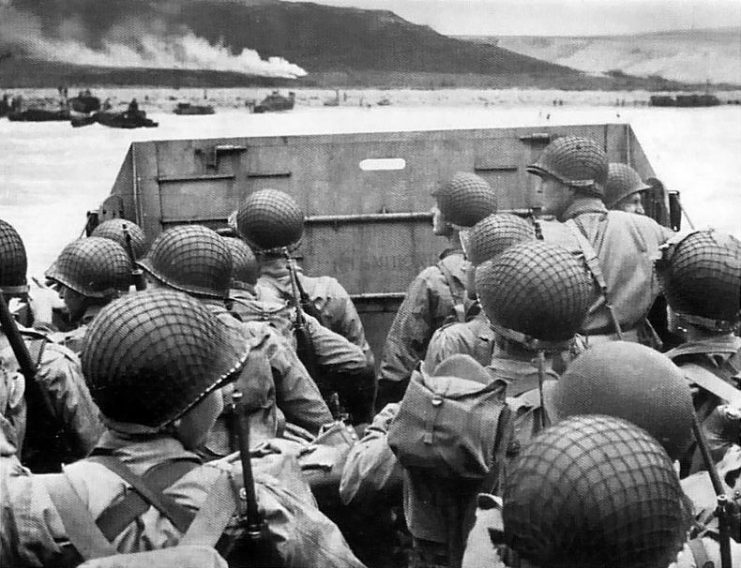
Steven Spielberg was convinced the developers were wrong. He also saw video games – which his teenage son spent a great deal of time playing – as something that could be used as a positive force, and as an innovative, interactive tool to educate teenagers.Since Saving Private Ryan was R-rated, Spielberg figured that a great way to teach teens, who weren’t technically able to see his movie, about WWII was through a video game – which would be as historically accurate as possible in both visuals and gameplay.
This was how his vision for Medal of Honor came about. To help bolster his vision for historical accuracy, Spielberg not only roped in the team who had worked with him on Saving Private Ryan, but he also called in real military advisers and history experts to work on the game, something that was unheard of in the game development world at the time.
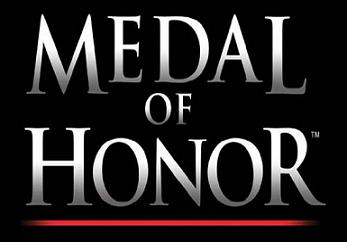
Game developers remained skeptical about the idea, but Spielberg, working on the Medal of Honor project via his newly-established Dreamworks Interactive company, was determined to bring his vision to life.
True to his goal of making the game not only fun but educational as well, Spielberg and the development team relied heavily on historical and military experts’ input to make sure that everything in Medal of Honor was historically accurate. Spielberg also added a lot of educational information for the players to absorb while playing – everything from details about V2 rockets and the Gestapo to the types of weapons used by various units.
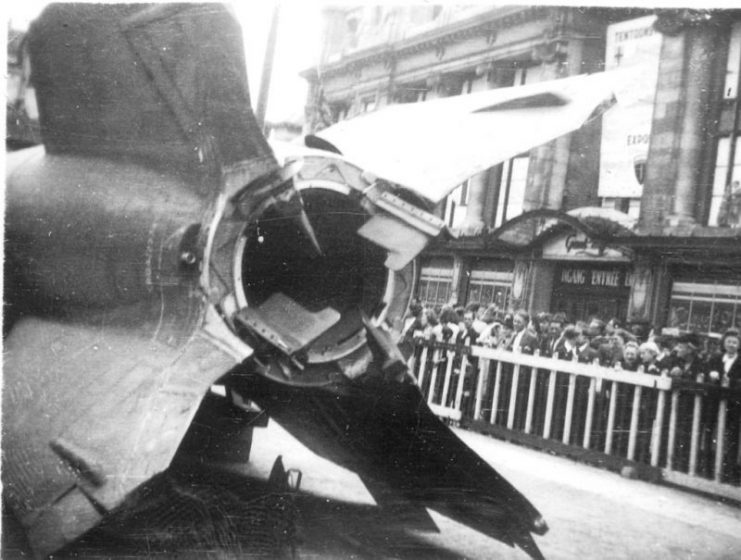
Massive attention was paid to the smallest details, making sure that uniforms were accurate, gameplay was realistic, and the backgrounds and visuals were as close to reality as could be.
Spielberg pushed his team hard, but that paid off. The game, when it was finally ready, was spectacular, and nothing quite like it existed in the gaming world. WWII was about to enter global mainstream culture in a whole new way.
A few months before Medal of Honor‘s release, however, the entire project was almost canned. Disaster struck when the Columbine Massacre happened, and public opinion turned against first person shooter games – blamed by the media for inspiring the shooters – almost overnight.
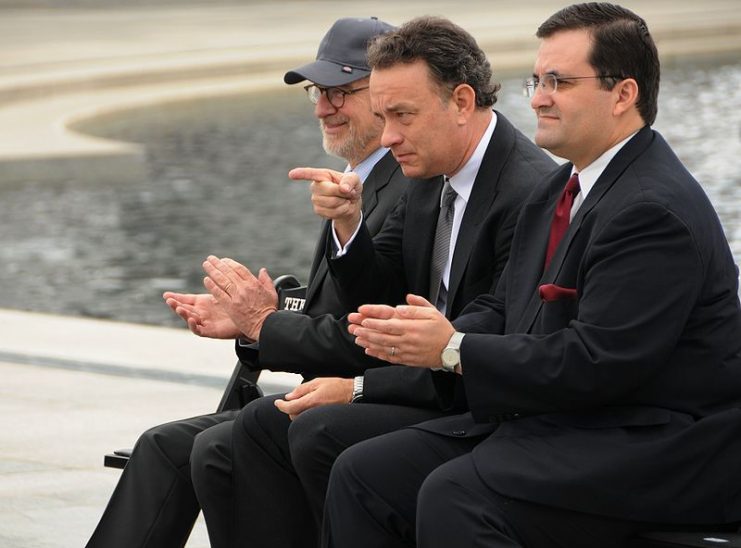
Spielberg agonized over whether to release the game or to shelve the project permanently. In the end, after months of soul-searching and debate, Spielberg and the Dreamworks Interactive team decided to go ahead with Medal of Honor‘s release. Before they did this, however, they removed a lot of the gore and blood from the game.
The rest, as the saying goes, was history. The skeptics and doubters were proved wrong, and Spielberg showed that a game about WWII could not only be a hit, but it could also be one of the most popular games of all time.
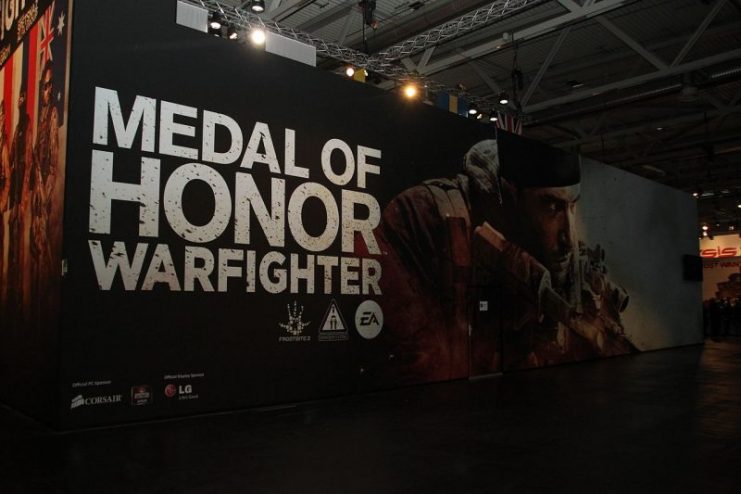
Read another story from us: 22 Facts You May Not Know About the Medal of Honor
Medal of Honor not only became Dreamworks Interactive’s most successful title, but its success and the tasteful, respectful way it handled WWII also managed to sway public opinion about first person shooter games, which once again became an acceptable genre in the eyes of many parents and policy makers.
Steven Spielberg would go on to work on other game projects alongside his movies in the future, but none of his other video game projects ever achieved the immense success that Medal of Honor did.
